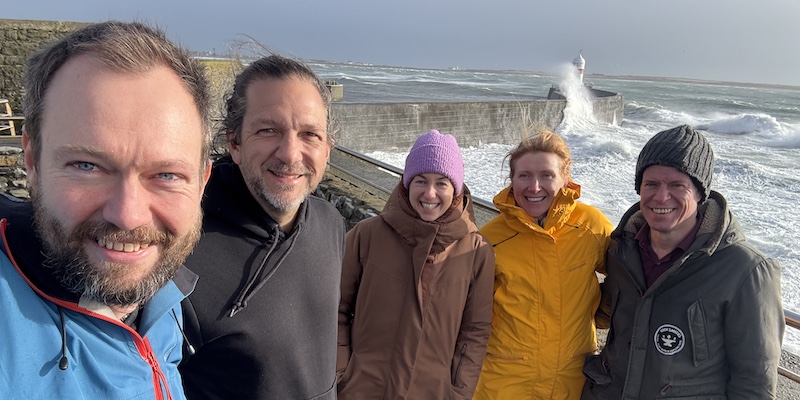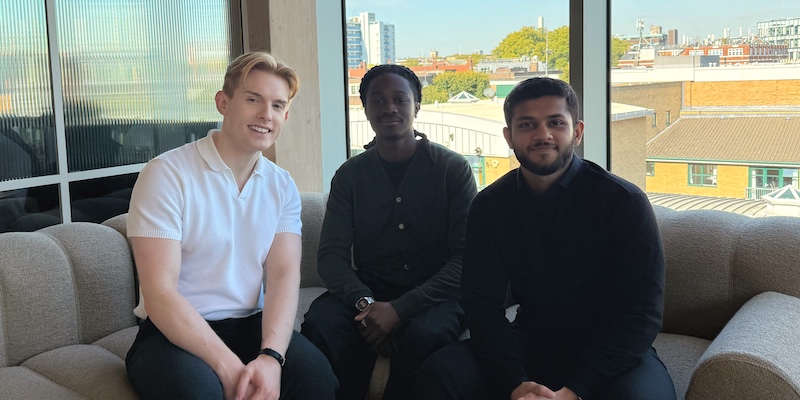
Tech for Food - three trends for a sustainable food system
Food is an issue that links all three of our investment themes at BGV. A better food system would contribute to a sustainable planet, a better society and healthy lives. It’s also an issue increasingly in the news. Recent pictures of empty supermarket shelves have shown how fragile some parts of the food chain are in the face of shocks to the system.
There was an arresting graphic in Henry Dimbleby’s National Food Strategy report released last month. It showed the way that land is used in the UK and perhaps unsurprisingly most of it (70%) is used to produce food - with the largest amounts used for beef and lamb pasture. The UK is currently only able to produce two thirds of the calories that we need annually and so there was an extra graphic showing how much land is used in other countries to feed the UK too.
There’s an opportunity for the food system to look very different by 2050. There’s growing acceptance in Government and healthcare that shaping the nation’s diet could save millions of lives and billions of pounds for the NHS. It’s also likely that climate pressures and incentives to ramp up sequestration will make it far more valuable to use land for increasing biodiversity than for food production. We think the opportunities for tech for good ventures to help accelerate positive change when it comes to food fall into three categories:
1. Localised production and distribution
As renewable energy continues to fall in price, it will enable us to increase vertical farming capacity. This type of farming will likely be located on former industrial sites on the edges of the UK’s urban conurbations, close to major populations and distribution networks. This could increase employment and have a dramatic impact on carbon dioxide emissions and water use in food production. LettusGrow, who are building the farms of the future, shown below, is an example of a business we’ve backed in this space.

2. Changing behaviour and demand
Businesses that help people change their diets and behaviours could benefit both the climate and health. From helping people eat less refined sugar to consuming less alcohol - either through offering alternatives or helping people change their habits. The long term trend towards eating less meat is also an opportunity. Second Nature is a BGV portfolio example of helping people change their behaviour when it comes to food.
3. Reducing waste
The most recent estimates suggest that nearly 10 million tonnes of food are wasted per year in the UK. Reducing this presents an opportunity for positive impact on the environment but also for vast cost savings. Businesses like Olio (below) and Winnow (not BGV companies but we’re big fans) have shown that technology can make a real difference in this area.

This piece was first published in the August issue of our monthly investor newsletter – ‘The Practical Optimist.’ Sign-up here to receive the latest thinking, resources and events for investors in tech for good and impact, straight to your inbox.





